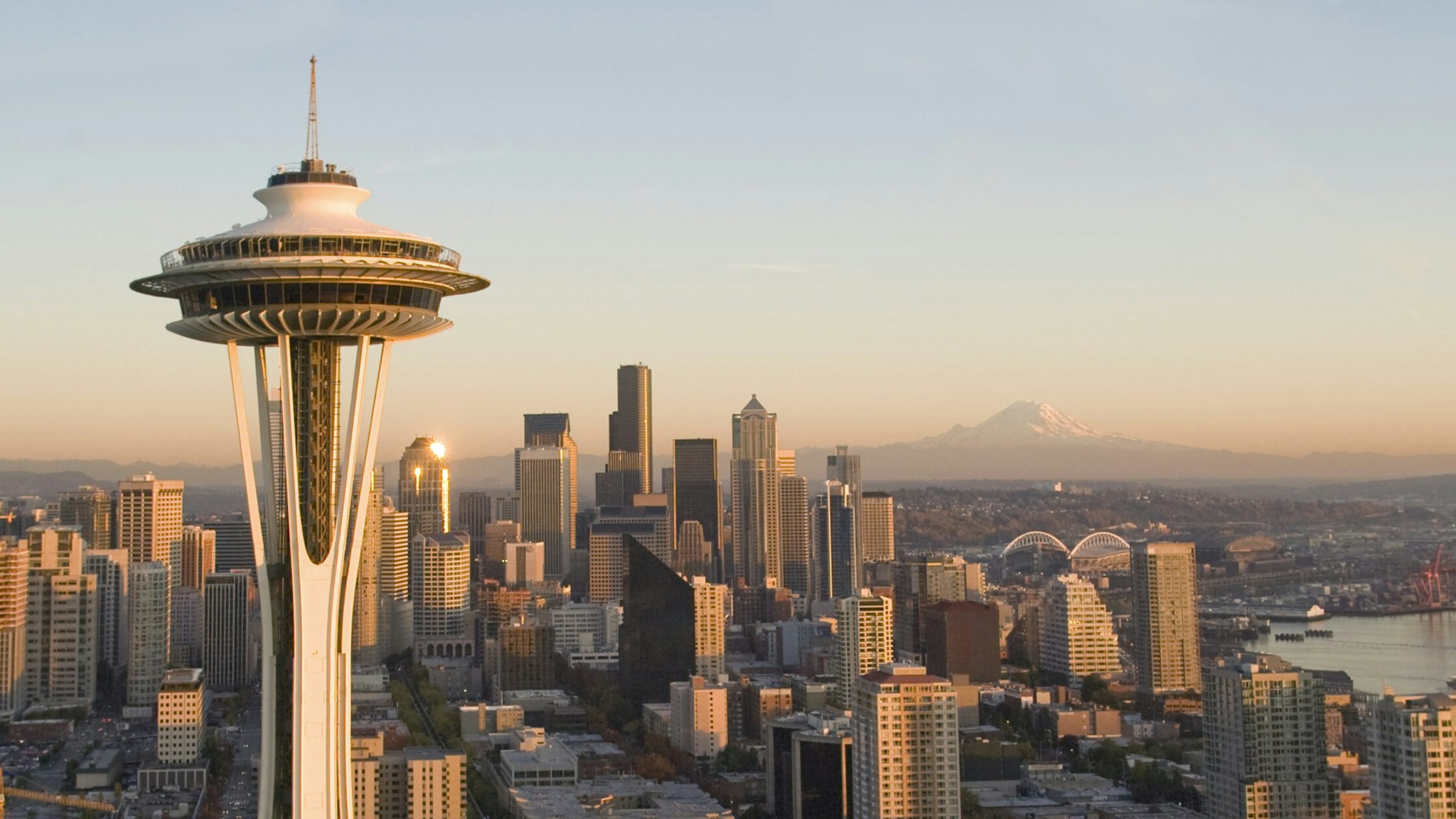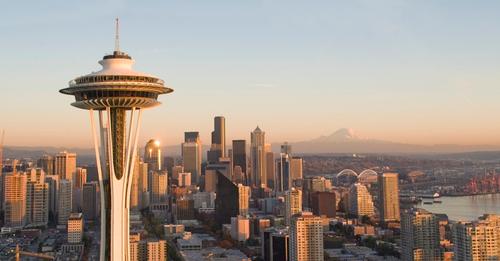
A new study of the Cascadia Subduction Zone — a fault line that runs from southern Canada to northern California — suggests that the zone could trigger a horrific earthquake more severe than previously imagined.
The study released on Friday examined the 600-mile fault line in far more precise detail than had been done before, showing the fault, instead of being one continuous strip, actually separated into four distinct segments, thus permitting the tectonic plates to slide under each other potentially resulting in more devastating earthquakes, even one as massive as a 9.0 or greater earthquake, which could trigger a 100-foot-tall tsunami. The techniques used to map the subduction zone involved sending sound to the ocean floor from a boat equipped with 1,200 hydrophones to record the echoes.
“The Cascadia subduction zone (CSZ) has hosted giant earthquakes of moment magnitude >8.5 in the past and poses a major geohazard to populations of the Pacific Northwest,” the study notes.
“We have the potential for earthquakes and tsunamis as large as the biggest ones we’ve experienced on the planet,” Harold Tobin, a co-author of the paper, stated. “Cascadia seems capable of generating a magnitude 9 or a little smaller or a little bigger.”
CLICK HERE TO GET THE DAILYWIRE+ APP
Research scientist Kelin Wang from the Geological Survey of Canada said his team is using data collected by the study, remarking, “The accuracy and this resolution is truly unprecedented. And it’s an amazing data set. It just allows us to do a better job to assess the risk and have information for the building codes and zoning.”
“If an earthquake of over 9 magnitude struck the West Coast US it could generate tsunamis reaching 100 feet high or more, kill more than 10,000 people and cause over $80 billion in damages in just Oregon and Washington alone,” The Daily Mail reported, adding that many long-term deaths could result from exposure to dead bodies and animals as well as contaminated water and Hazmat spills.
Share on Facebook.


